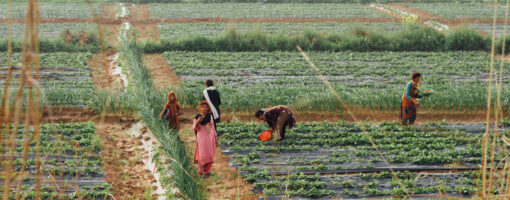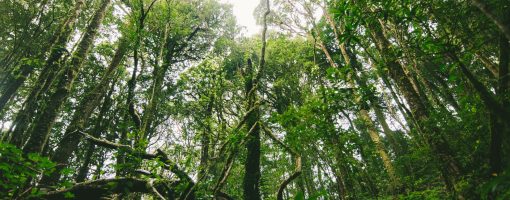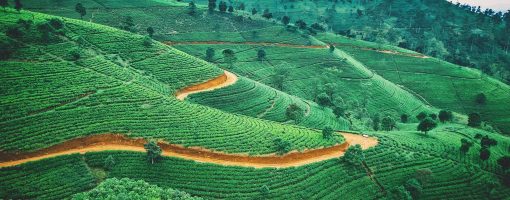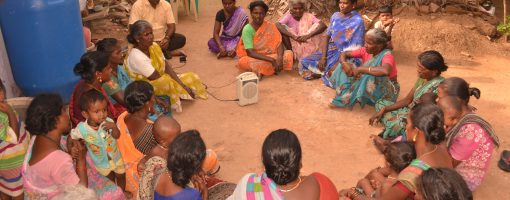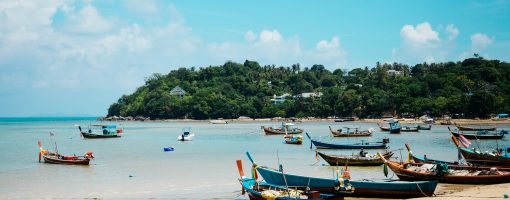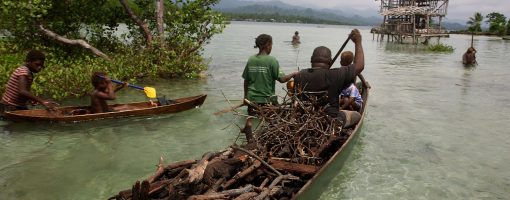Least Developed Countries (LDCs) face a myriad of challenges, such as extreme poverty and immense pressure on natural resources that increase vulnerability to all forms of hazards. A synthesis on Global Environmental Change (GEC) and Sustainable Development in LDCs conducted in 12 Asia Pacific LDCs, built capacity and facilitated the integration of cross-scale information from...
Miyan, M.A., Kuruppu, N., Dube, O.P., Rahman, M.A., Dewan, T., Willie, R., & Miah, S. (2017). Barriers, needs and potential solutions to reducing vulnerability to global environment change for least developed countries in the Asia-Pacific Region. APN Science Bulletin, 7(1). doi:10.30852/sb.2017.108

